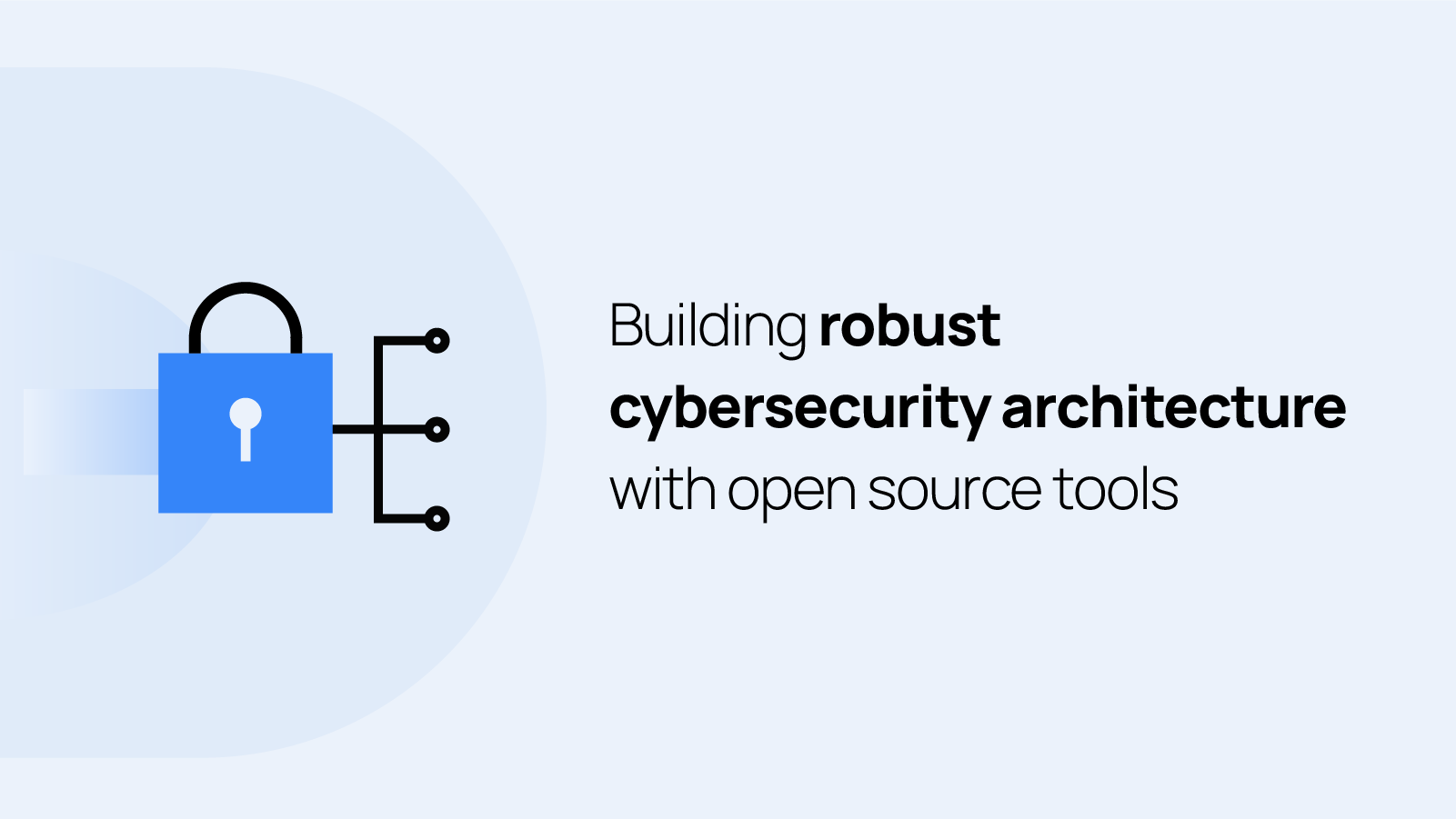Wazuh: Your Open-Source Ally in Achieving Regulatory Compliance

Wazuh helps organizations achieve regulatory compliance by providing comprehensive security monitoring and incident response capabilities. This open-source platform offers visibility into security posture, enabling effective compliance management.
In today's complex digital landscape, regulatory compliance is not just a necessity-it's a cornerstone of trust and operational integrity. But let's face it, navigating the maze of regulations like HIPAA, PCI DSS, GDPR, and NIST can feel like trying to solve a Rubik's Cube blindfolded. That's where Wazuh comes in. Think of Wazuh as your open-source sidekick, helping you not only understand these regulations but also implement and maintain compliance effectively. So, how exactly does Wazuh pull off this feat?
Understanding the Regulatory Landscape
Before diving into Wazuh's capabilities, let's briefly touch on why regulatory compliance is so critical. Regulations like HIPAA (for healthcare), PCI DSS (for payment card industry), GDPR (for data protection in Europe), and NIST (for cybersecurity standards) are designed to protect sensitive information and ensure organizations follow best practices. Non-compliance can lead to hefty fines, reputational damage, and even legal consequences. Imagine explaining to your customers that their personal data was compromised because you didn't follow GDPR guidelines – not a conversation anyone wants to have!
So, what specific regulatory compliance standards can Wazuh help organizations meet, and how does it achieve this? Let's explore.
How Wazuh Simplifies Compliance
Wazuh is a free and open-source security information and event management (SIEM) and extended detection and response (XDR) platform. It provides a suite of tools that help organizations monitor their security posture, detect threats, and respond to incidents. Here’s how Wazuh assists with specific regulations:
- HIPAA: Wazuh helps protect electronic protected health information (ePHI) by monitoring access controls, detecting unauthorized access attempts, and ensuring data integrity.
- PCI DSS: For organizations handling credit card data, Wazuh monitors network traffic, detects malware, and ensures secure configurations to meet PCI DSS requirements.
- GDPR: Wazuh aids in GDPR compliance by tracking data access, monitoring data breaches, and providing tools for data encryption and anonymization.
- NIST: Wazuh supports NIST cybersecurity frameworks by providing continuous monitoring, vulnerability detection, and incident response capabilities.
Wazuh achieves this through several key features:
- Log Analysis: Wazuh collects and analyzes logs from various sources, providing insights into security events and potential compliance violations.
- File Integrity Monitoring: It monitors critical files and directories for unauthorized changes, ensuring data integrity.
- Vulnerability Detection: Wazuh identifies vulnerabilities in your systems, allowing you to address them before they can be exploited.
- Incident Response: When a security incident occurs, Wazuh helps you respond quickly and effectively, minimizing the impact.
But how does Wazuh do all of this in practice? Think of it like this: Wazuh is constantly watching, listening, and learning from your systems. It's like having a dedicated security guard who never sleeps, always ready to alert you to any suspicious activity.
My Take on Wazuh and Compliance
In my opinion, Wazuh is a game-changer for organizations striving for regulatory compliance, especially those with limited resources. The fact that it's open-source means it's accessible to everyone, regardless of budget. Furthermore, Wazuh's comprehensive feature set and proactive approach to security make it an invaluable tool for maintaining compliance in an ever-evolving threat landscape. I believe that by leveraging Wazuh, organizations can not only avoid costly fines and reputational damage but also build a stronger, more resilient security posture.
What do you think? Is Wazuh a viable solution for your organization's compliance needs? How do you see open-source tools shaping the future of regulatory compliance?
